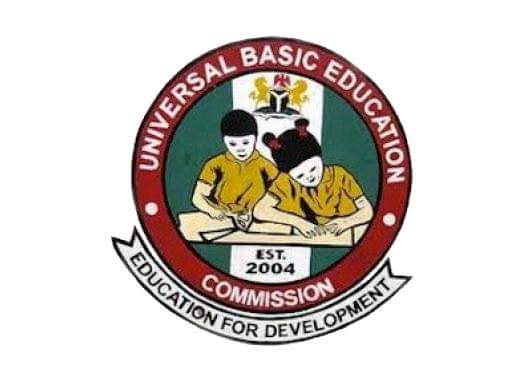Recent revelations indicate that 29 states failed to access a total of N68.7 billion in Universal Basic Education funds due to a lack of corresponding counterpart funding. This highlights a significant issue in Nigeria’s education development. In contrast, only seven states paid the required N10.6 billion to access grants for the advancement of primary education in 2023, showcasing a concerning indifference among governors toward grassroots human capital development.
Niger, Osun, Taraba, Sokoto, Ondo, Ekiti, and Jigawa have commendably prioritized and sustained investments in primary education by fulfilling the 50% counterpart funding needed to receive grants under the UBE program. However, many other states, including Lagos, Ogun, Rivers, Akwa Ibom, Anambra, Enugu, Borno, Gombe, Kano, Kaduna, Kwara, and others, neglected this crucial aspect.
While the constitution assigns primary education primarily to states, the Federal Government, through UBEC, contributes to standards, infrastructure, teacher training, and more. Unfortunately, numerous governors remain detached from this collaborative effort, resulting in negative outcomes such as child labor, increased out-of-school rates, juvenile delinquency, child begging, and child marriages.
Statistics from UNESCO and UNICEF highlight the severity of the situation, with 20.2 million Nigerian children out of school, ranking second globally. State governors must actively reverse this trend by engaging stakeholders, providing free primary education, ensuring secure learning environments, and deploying motivated teachers. Additionally, enforcing the Child’s Rights Act and contributing counterpart funding to access UBE funds is crucial.
State legislatures must fulfill their oversight duties to ensure transparent and accountable fund utilization, preventing cases of misappropriation. The EFCC’s accusation of a former governor diverting funds in 2019 underscores the need for vigilance in fund management.
Primary education is foundational for national literacy programs, fostering critical thinking, negotiation skills, dialogue, productivity, and self-awareness. The 53rd session of the UN Human Rights Council in June 2023 emphasized education as a human right, calling for free, quality, and inclusive education for all children from pre-school through secondary school. State governors must align with this commitment.
Nigeria’s literacy rates, ranging from 69 to 77.9 percent, pose a threat to sustainable development and contribute to insecurity. Governors must cease neglecting the domestication of the Child’s Rights Act and actively promote free, quality primary education. Urgently, governors must address the UBE counterpart funding shortfall, with the seven compliant states sustaining their commitment.
